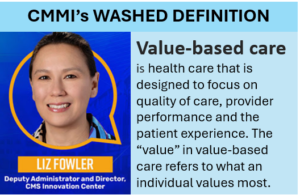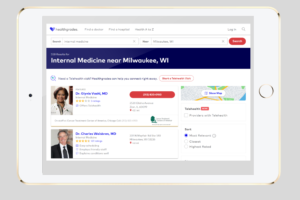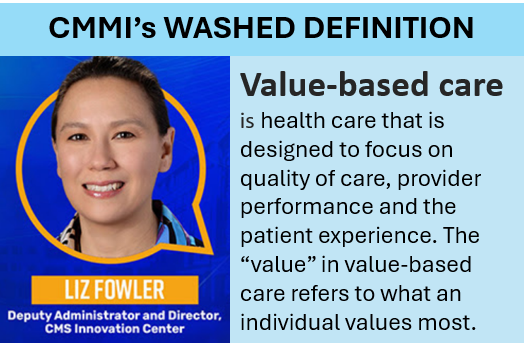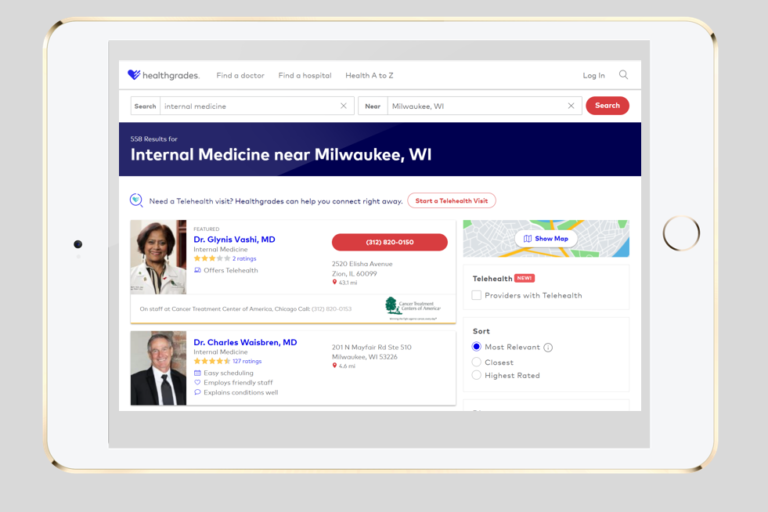Al Lewis is an actuarial consultant that has long focused on challenging wellness and care management vendors to prove their value. He founded the “Disease Management Purchasing Consortium” and established a training and certification program for “critical outcomes report analysis.”
 Al has been calling out the methodological carelessness and dirty tricks of wellness and care management vendors and health plans for years. These shoddy and unethical methods produce deceptively optimistic results, often to the delight of the customers of the programs who crave evidence that they made a wise choice. Many of the methods have been discredited long ago, but like cockroaches and ants, they just keep coming back. Faced with this unsavory state of affairs over many years, poor Al has resorted to sarcasm — probably partly to avoid getting bitter, and partly to keep his audience awake long enough to absorb the otherwise dry, tedious concepts.
Al has been calling out the methodological carelessness and dirty tricks of wellness and care management vendors and health plans for years. These shoddy and unethical methods produce deceptively optimistic results, often to the delight of the customers of the programs who crave evidence that they made a wise choice. Many of the methods have been discredited long ago, but like cockroaches and ants, they just keep coming back. Faced with this unsavory state of affairs over many years, poor Al has resorted to sarcasm — probably partly to avoid getting bitter, and partly to keep his audience awake long enough to absorb the otherwise dry, tedious concepts.
He recently collaborated with Vick Khanna in a blog post in Health Affairs that focused on a particular type of wellness and care management program — workplace wellness — now a $6B industry. Such programs typically are funded and sponsored by employers, and involve incentivizing employees to complete a health risk assessment and then, hopefully, pursue healthier lifestyle behaviors. Employers purchasing these programs typically believe they will lead to substantial, short term increases in worker productivity and decreases in health care costs. The blog post is definitely worth reading.
To summarize:
- Both workplace wellness program vendors and the benefit consultants who advocate for them have conflicts of interest which lead them to use deceptive methods and publish papers and marketing material which claim implausible levels of savings and return-on-investment.
- Although health plans often sell workplace wellness programs to self-insured employers (for a profit), virtually none of them believes they really produce savings, so they don’t spend the money on such programs for the fully-insured business for which the health plan itself bears the risk. Health plans don’t eat their own dog food.
- The most common trick is to compare the outcomes for highly motivated employees who choose to complete the health risk assessments and participate in wellness interventions to the outcomes for poorly motivated employees who do not. Epidemiologists call this “volunteer bias.” It is a problem in evaluation studies of all types of member/patient-facing programs, but is obviously an even bigger problem with workplace wellness, when motivation to change behavior is the whole point of the program.
- Other common tricks include taking credit for improvements that occur due to random variation (“regression to the mean”), or taking credit for improvements that occurred before the program actually started — as was the case with the widely-touted results from Safeway’s famous workplace wellness program.
- They recommend that employers should avoid these “get well quick” schemes and, instead, do the harder work of creating a deep culture change promoting wellness. If employers want to try workplace wellness programs, they should at least commit to identifying and then counting the events that the wellness program is intended to reduce to see whether they really decrease across the entire work force after the program is implemented.
- Lastly, they point out that the workplace wellness industry convinced the federal government to include taxpayer-financed wellness incentives in the Affordable Care Act. The Federal Employee Plan is in the process of picking a wellness vendor. They recommended dropping federally-funded wellness programs until valid evaluations show they work.

















1 thought on “Al Lewis calls workplace wellness programs “get well quick schemes””
Just seeing this today — thank you.